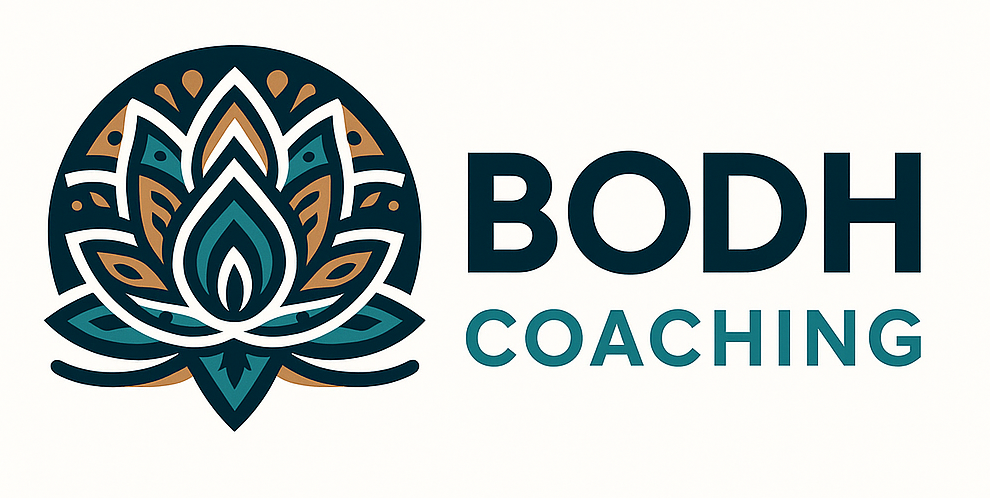Why Accountability Changes Everything 💡
I’ve learned that accountability is not just about checking a box or proving to someone else that you did the thing. It is about creating a structure of support that helps you follow through when motivation fades. Even as a coach, I meet with my own peers for accountability. Having someone I trust to check in with keeps me sharp and helps me stretch toward goals that might otherwise stay ideas on paper.
For many young adults with ADHD, accountability becomes a kind of lifeline. The issue is rarely about capability. It is about having the right system in place to turn good intentions into action. When a coach helps break a big goal into smaller, doable steps, it reduces overwhelm and keeps momentum going. Instead of facing a mountain, the person can see the next step right in front of them.
That sense of progress matters. Each small win builds confidence and reminds people that they are capable of more than they thought. It also helps restore self-respect. When we repeatedly let ourselves down on commitments we could have met, it chips away at how we view ourselves. Accountability interrupts that cycle by creating a healthy kind of pressure, one grounded in support rather than shame.
The truth is, friends or teachers might care deeply, yet they often cannot provide consistent, tailored accountability. A friend may go easy on you or lose track. A teacher or boss has many people to manage. A coach, especially an ADHD coach, knows how to balance encouragement with challenge and adjust strategies to the individual’s brain and lifestyle.
When accountability is done right, it builds both skill and self-trust. Over time, people learn to hold themselves accountable without external help, which is the ultimate goal. Until then, having someone in your corner who understands how your mind works can be the difference between getting stuck and moving forward.


